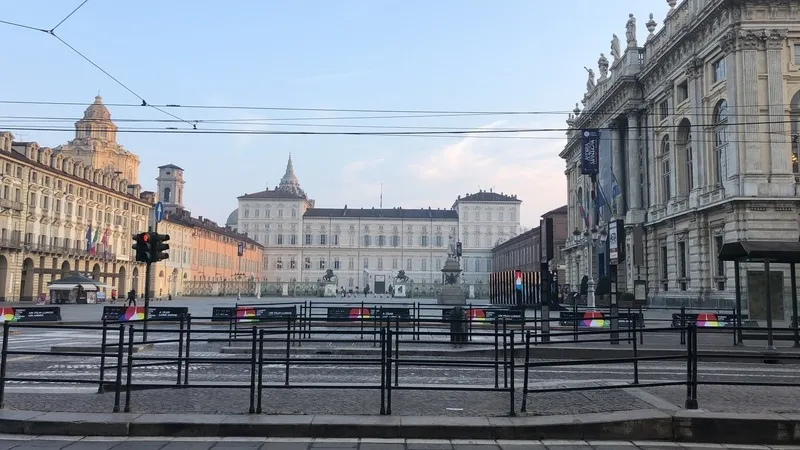The plan to map out a global transport network follows Un-Habitat’s statement which highlighted that the current model of urbanisation is unsustainable with cities all over the world grossly unprepared for the challenges associated with it.
According to the UN, 56.4% of the world’s 7.6 billion population currently live in an urban area and of the 31 ‘megacities’ in the world (cities with 10 million inhabitants or more) 24 are located in less developed regions.
The Union Internationale des Transports Publics estimates that 57.6 million journeys in the EU are taken on public transport carrying an average of 185 million passengers every workday. Globally, over a third of all journeys to work every day are via public transport.
Nir Erez, co-founder & CEO of Moovit said, “Our vision for Moovit from day one was to provide people all over the world with a simple and easy way to get around on public transport. As global population increases and pressures on cities grow, the Moovit team has been blown away by the level of engagement mapping out transit routes for fellow travellers.”
“We’re now taking Moovit’s treasure trove of transit data to local governments and city planners to help them better prepare for the future of urban mobility including the imminent arrival of autonomous and electric vehicles” Erez added.
5 million public transport stops mapped by Moovit as community of local editors grows to 200,000
Moovit has added 5 million public transport stops worldwide to its app and increased the number of local editors, Mooviters, who map out their own transport networks where public data is not readily available, to 200,000. In addition, Japanese has also been added as the 44th language available for the app. These initiatives are aimed at helping to make travel smoother for commuters while building a global repository of transport data that governments, urban planners and businesses can use to better prepare
October 31, 2017
Read time: 2 mins








